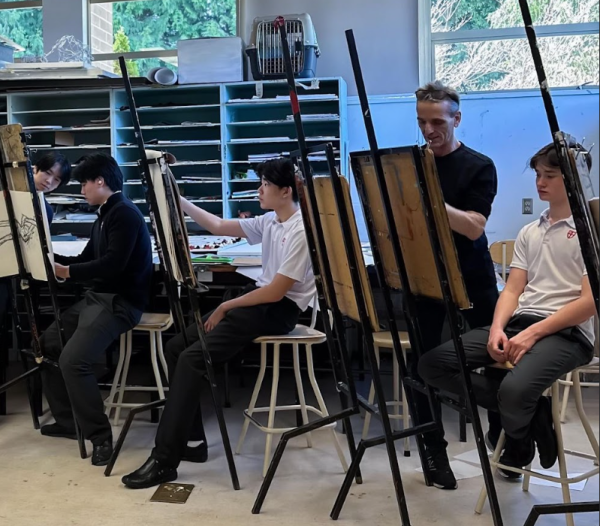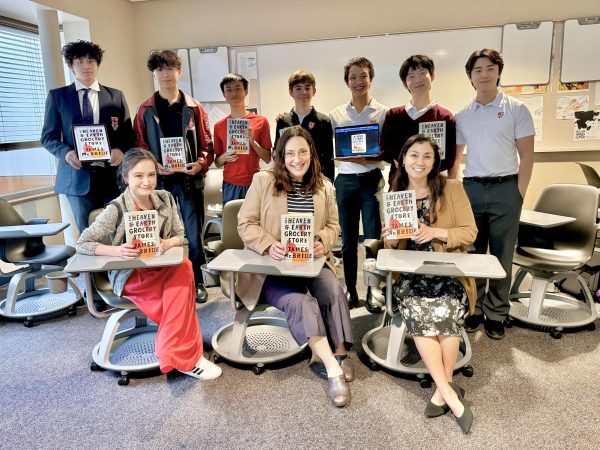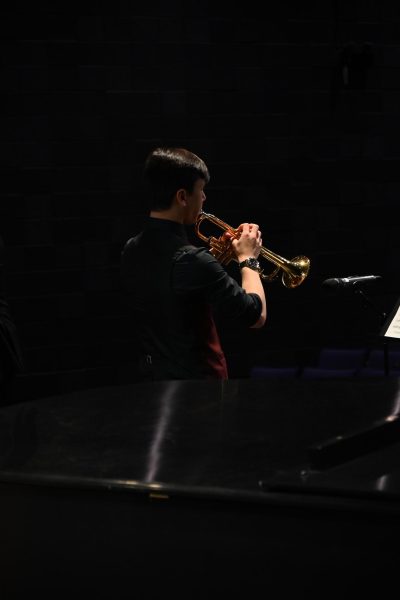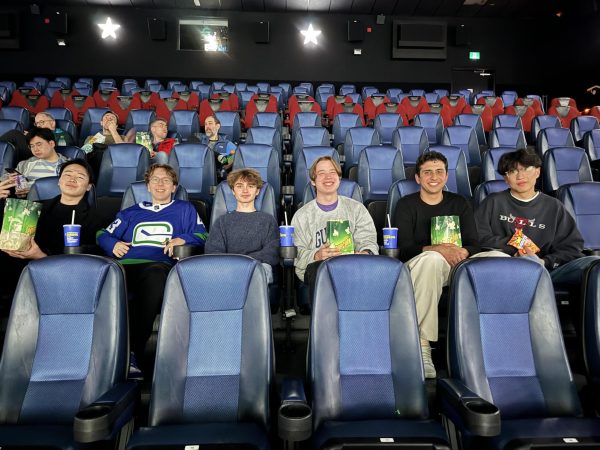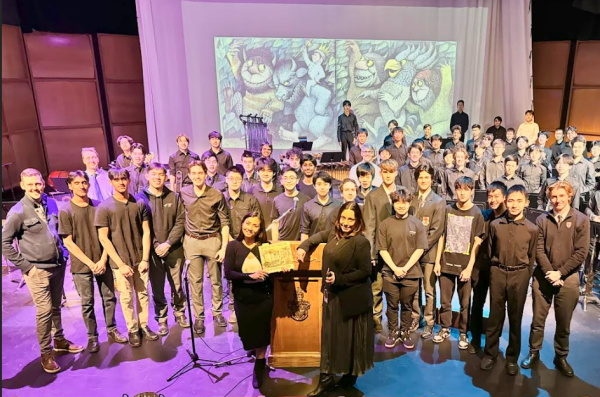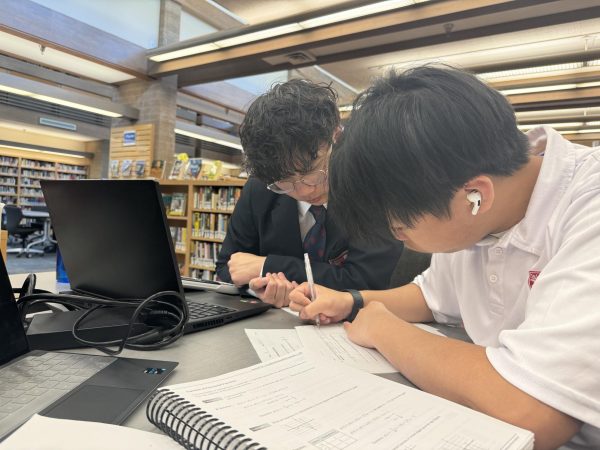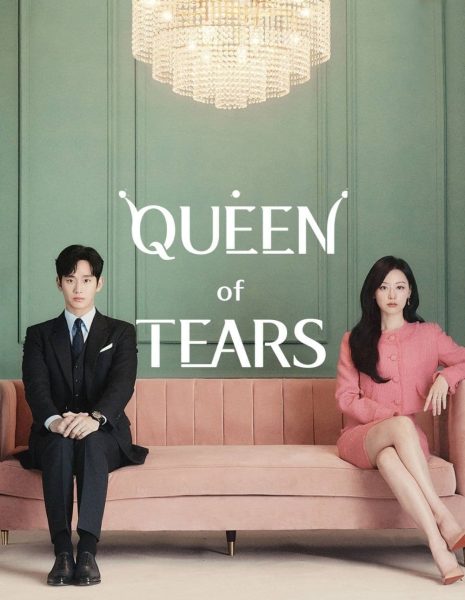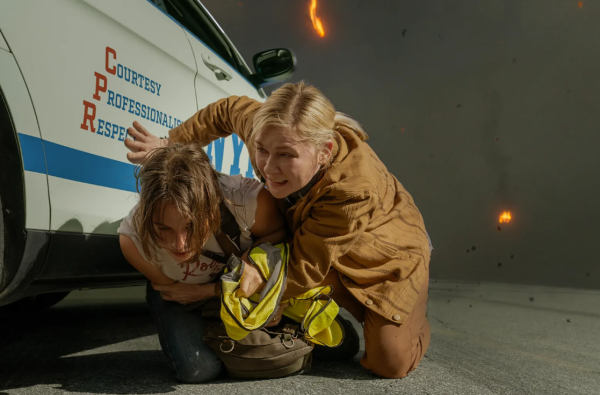“The Fault in Our Stars” Review: The Fault in Our Romance Films
This is, of course, a review of the film adaptation of John Green’s popular romance novel “The Fault in Our Stars”. But an honest and thorough review is hardly possible without spending thousands of words talking about what I think of romance movies in general – and that’s exactly what I will do. Because this is what I’ll say about this film: for the typical teen romance story that this film is, it’s excellent; for the honest, true, and profound contemplation on the meaning of love and life that this film pretends to be, it’s nowhere close.
Let’s first talk about the film itself.
There isn’t much to be said about the technical aspect. The language of this film is mediocre but sufficient. Nothing, not a single cut nor a single frame, stands out. The use of music, too, succeeds but never exceeds. In short, “The Fault in Our Stars” is no “(500) Days of Summer” when it comes to the cinematics (cinematography, editing, music, etc.).
As a result, most of the storytelling then relied entirely on the performances – and what a triumph they were! Front and center of the cast are Shailene Woodley, who plays our protagonist Hazel (or Hazel Grace as Gus ‘affectionately’ calls her) and Ansel Elgort, who plays the love interest known to everyone as Gus (or Augustus, his actual name, to Hazel when she loves him particularly much).
Their chemistry is outstandingly lovely. One look at them, and then one more look at how they look at each other, we already see a lovely couple. Instantly believable and lovable, the two of them simply, as Hazel’s mother somewhat extraneously pointed out in the film, “look so adorable together!” Both of them succeeded exceptionally in portraying the sensibility and the sensitivity, the confidence and the hesitance of their characters.
For a romance story the film also succeeds in getting so many little details right: Hazel’s anxiety and nervousness as she waits for Gus to call; her stupidly laughing to the screen of her phone by the dinner table; their stupidly long late night calls. “The Fault” manages to capture these little things that are so universal to anyone who has ever been caught by love. Though simple, they are powerful and effective. The dialogues only helped. Seldom cheesy and always clever, witty, and genuine, it only furthered the film’s believability and relatability.
But that’s also where the film falters.
Let’s now talk about the fault in our romantic fantasies.
“Though it is a tragic love story, it is also a perfect and irresistible fantasy.”
– A. O. Scott on “The Fault in Our Stars”, The New York Times
The same applies to Titanic. To Romeo & Juliet. To every “tragic” love story about a pair of star-crossed lovers who only death did apart.
From its very start “The Fault in Our Stars” had proclaimed to be different. In the opening scene the film through Hazel’s mouth declared that it was going to be different from all the romance movies and books, that it was not going to sugarcoat anything, that this story was “the truth”.
But what truth is that? The ‘truth’ that you will always be lucky enough to meet the one for you, to fall in love with him/her who will be equally in love with you, to be together hindered by nothing save for death? No, this story is nowhere close to the brutal truth that our loves, save for the few extremely lucky ones, are always beautiful but ephemeral.
Between Hazel Grace and Gus there exists but one fault in their stars – cancer. Never once did their love falter. Never once did they argue or fight – except for that one time she bashed him for his vain hope for fame. But that was more like a philosophical discussion rather than a rift in their relationship. Never once were they on the verge of breaking up or forgetting each other or realizing the faults within each other. They are, truly, a perfect couple.
But take a look at reality, where our romances are plagued with faults – fate’s faults, our parents’ faults, our circumstances’ faults, our faults.
This is where “The Fault in Our Stars”’s charm of believability and relatability stopped for me. I couldn’t help but question: what’s the difference between this romantic fantasy and every other? The creators of this story, much like James Cameron in his Titanic, seems so naïve that they believe love is always perfect and the only darkness is death – likely due to our common but irrational fear of death as the most terrifying thing in the world.
The tragic truth is, these stories aren’t tragedies. Not really. Not at all.
Sure death ends the life of one (or both) of the lovers, but it’s also what makes their love transcendental. Facing death, they are able to say that they’ve fought as hard as they could. There is the regret that they can’t spend more time together in the future. But there is also content and happiness in knowing that they’ve already had the time of their lives together, in knowing that their extraordinary time together “burns, burns, burns like fabulous roman candles exploding like spiders across the stars” (now this is a quote from Kerouac’s “On the Road”, not this film), in knowing that they had “a forever within the numbered days” (this film). Stopped by inevitable death, they don’t feel ashamed – they shouldn’t feel ashamed, because it’s not anyone’s fault; it’s only death fulfilling its duty.
The true tragedy is when love is prevented by life. By families. By distance in space. By distance in time. By “what always happens between a man and a woman – reality.” (“True Detective”) By the prejudice of society – whether it be difference in age or sameness in gender. By hesitance. By lack of courage. By thousands and thousands of “I love you”s that were never said.
“I’m not afraid of dying. I’m afraid I haven’t been alive enough”, said Mr. Nobody. Death does the only thing death can ever do, but why does life, out of all the beautiful possibilities all the lovely variations, picks one that leaves infinite regret? When death comes in the way of love, there are no missed opportunities. But when it’s life, you can’t help yourself but wonder: what did I do to deserve this? What if I had done something differently? What if he/she had done something differently? What if I had taken a step forward when I took one back? What if I was younger or older? What if life doesn’t play its cruel pranks and leaves us together? What if there’s one more time, one more chance? Then, as we wonder and ponder these questions, imagining again and again all the missed possibilities, this love that had once shined as bright as a supernova in the night sky quietly fades away.
“The world is not a wish-granting factory”, so “The Fault in Our Stars” declares. True, the world isn’t. But Hollywood is.
I don’t want to hide in the silver light anymore. I don’t want to indulge in these beautiful romantic fantasies again and again, only to be so easily shattered by life. It’s time to quit averting our eyes from the truth.
I want to see real love stories. I want to see more of Tom struggling to accept the heartbreaking fact that he loved Summer more than Summer ever loved him in “500 Days of Summer”. I want to see more of Takaki and Akari struggling against the segregation by distance, the separation by time, the letters that they never had the courage to send and the “I love you” that they never dared say in “5 Centimeters Per Second”. I want to see more of the helplessness and the regret when Bob left Tokyo and both he and Charlotte went back to their normal lives in “Lost in Translation”. I want to see more of the hopeless longing in “In the Mood for Love” when he asked her as he leaves Hong Kong for Singapore: “If there’s an extra ticket… would you go with me?” I want to see more of the kind of lingering love in the last shot of “District 9”, when Wikus blows life into a flower made of garbage, later placing it on his wife’s doorsteps. I want to see more of the hopeless emptiness that lies at the end of marriages in “Revolutionary Road”. All of these characters – they all know that they can see each other again if they truly want to. Yet none of them did.
I wish to see love in its true form, brutally honest, ephemeral but spectacular: it’s the perseverance in loving when you know you can’t; it’s the blind fearlessness to struggle on against distance in space and time; it’s the dilemma between knowing that you have to move on and feeling like you can’t; it’s the eternal torment of beautiful memories and cruel regrets. I wish to see instead of self-deception the courage to face the reality that love, like everything else, will eventually expire. I want to see love in both its love and its lovelessness.
IMDb rating: 8.3/10 from 52530 users.
Metascore: 69/100 from 45 critics.
My overall rating: Romantic Fantasy/10. (Or, if I were to attempt to give a traditional score, 7/10)



